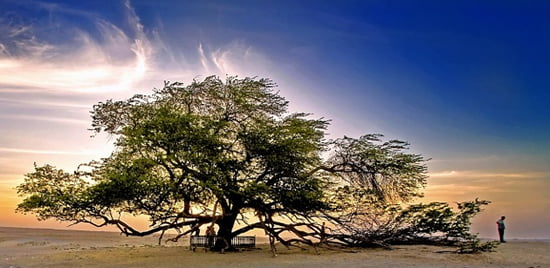I met another gentleman on the flight home from Amsterdam to Chicago, Nabil, a General Manager at Al-Yubr, located in Jubail, Saudi Arabia:
He is of Palestinian descent. Married an ex-pat, American teacher, and they lived in the Middle East about 18 years together. She decided to move back to the US not too long ago.
They have four or five children, ages 18 to 30, most of whom are out of college. They went to college in the Midwest: Purdue, Iowa, and Evansville.
He was heading to the US to celebrate Christmas and the holidays with his family. One daughter was to pick him up from the airport. She lives in Matteson, IL, apparently with her mother as well. They were going to travel together first to Atlanta, then to Florida, where they will actually celebrate Christmas.
He said Al-Yubr is about a 2200-employee company, doing contracting, oil field maintenance (I believe), and other industry services. He said Saudization is a failure, citing that approximately 50% of his company are Filipinos.
He mentioned that having Saudi Aramco on your client list opens doors to other companies. He mentioned SABIC (Saudi Arabian Basic Industries), which PDI already has contacts with and in fact has a big opportunity with.
In my recent efforts now to network, I was very pleased to make the acquaintance of both Azer and Nabil.
> Fortunately I find it easy to talk with people and make friends. I listen well, and keep track of conversation. I had a number of such wonderful conversations with a friend, while visiting him in Stockholm, that he came to understand my need to "download" after each one. That is, I don't take notes, but can remember the conversation really well, as long as I get to my laptop and tap out notes on my journal.
Notes
Ron Villejo, PhD
November 2012 <
Notes
Ron Villejo, PhD
November 2012 <

